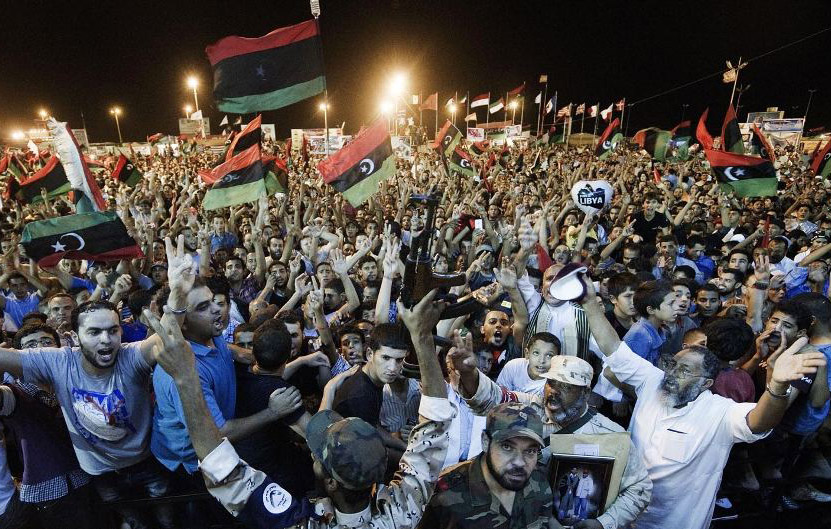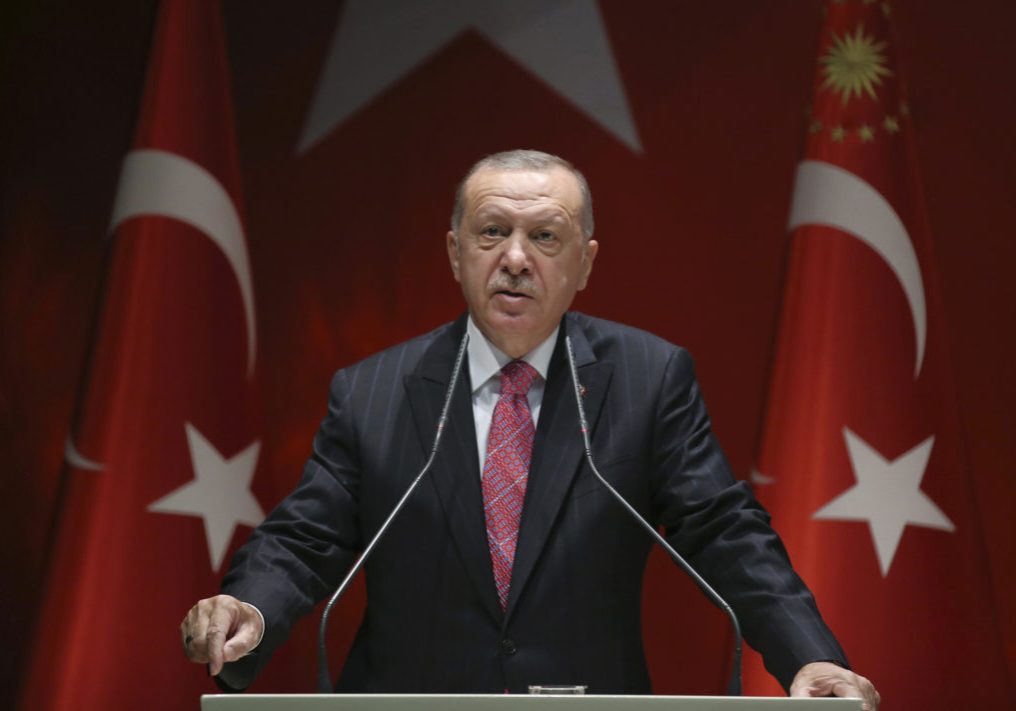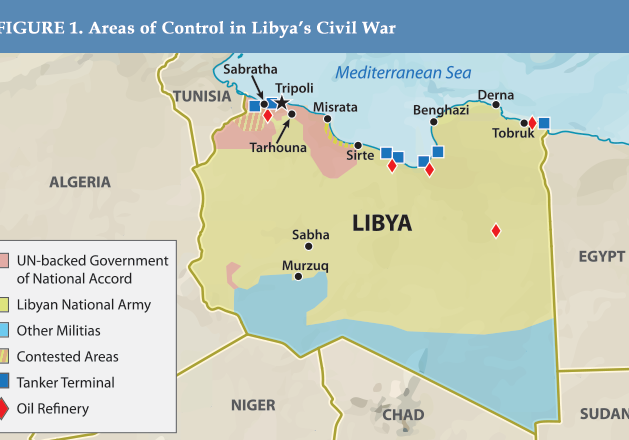Australia/Israel Review
The Not-so-Great Expectations of the Libyan People
Aug 30, 2011 | Barak Barfi

Barak Barfi
The Libyan people are right to celebrate as their country’s benighted Muammar Gaddafi era comes to a definitive close, but the country’s new leadership should also not forget that its work is just beginning. Building a new political order will be difficult, not least because Libyan political culture is notoriously underdeveloped, with only the barest history of civic engagement.
However, if the leaders of the National Transitional Council (NTC) prove to be as politically canny as they were physically brave, they’ll soon realise that their national vice is actually a potential virtue.
Gaddafi, for his part, didn’t see it that way, perpetually castigating the Libyan people as a hindrance to his plans. But that was because his aspirations were irredeemably revolutionary. Indeed, from the time Gaddafi assumed control of Libya in 1969, he basked in his utopian visions – he even collected them in a three-volume work, dubbed The Green Book, that became mandatory reading for the nation. The national government was to be dissolved and its responsibilities transferred to local municipalities; workers were encouraged to seize factories and businesses from their owners and managers; Gaddafi himself resigned his official government posts and declared that his role would be limited to offering advice to his nation as its “Brother Leader”.
Outside observers often ridiculed Gaddafi’s erratic policies and mocked his grandiose rhetoric. Others doubted his sincerity. But what his critics never seemed to grasp was that Gaddafi was a true believer in the revolution he advocated. He yearned to transform Libya, a country that had been the world’s poorest as recently as 1951, into a modern state that would become a regional power.
Gaddafi’s greatest problem was that hardly anyone in the society he wanted to lead could be moved to follow him. Gaddafi intended to use Libya’s oil wealth to buy the country the modernisation and power he coveted. But above all, he sought to mobilise his people to action. He wanted to instill them with the revolutionary zeal that he felt so keenly. The Libyan people refused.
Gaddafi first focused his ire on the country’s professionalised civil service. Gaddafi believed that comfortable and stable civil servants would be inherently too cautious and sluggish to implement his designs and thereby inspire the greater public. His solution was to bypass the bureaucracy entirely, and appeal to the masses directly. To that end, he created an elaborate power pyramid which he explained as “the masses organised through the popular congresses are the ones who own authority.” In devolving the reins of government to the people it was created to serve, Gaddafi hoped to prod his people to apply his ideals. But again, the Libyan people were mute in response.
Gaddafi’s regime was a hollow shell of an order, in which few believed in the prevailing political system, and hardly anyone professed otherwise. But, in truth, Gaddafi’s grand political designs for Libya were frustrated not by a listless bureaucracy or the foreign imperialists he claimed were bent on his destruction. Instead, it was the people he claimed to dearly cherish who prevented him from realising his dreams. Gaddafi was obsessed with mass mobilisation, but his people had little common history as a coherent nation, and they felt little common purpose. It is with good reason that the acclaimed American foreign correspondent Edward Sheehan described the Libyan people as “torpid and fatalistic, xenophobic and dour above all”. Lacking a sense of shared destiny, the disappointments of the vast majority of Libyans rarely rose to the level of passionate anger, much less to that of committed civic engagement.
That problem has only gotten worse over time: Reared on the oil wealth that is their birthright, Libyans now primarily think of their state as a way to satisfy their material needs. More than 60% of the country’s labour force works for the state; 250,000 of them are paid for jobs they do not perform, according to American diplomatic cables released by Wikileaks. Libyans fail to mobilise because there is no need to do so. The rentier state, by lavishing its oil wealth, has rendered them listless.
Unsurprisingly, Libyans have not moved quickly to capitalise on their newfound freedoms. In the six months since the start of their revolution, only two political parties have been established. Most Libyans have been content to enjoy their partial victory, exhibiting scant interest in creating a new political system.
But Gaddafi’s successors in the NTC would be wise to realise that the strongman’s bane will be their boon. Gaddafi’s despised Libya’s political indifference, its refusal to expect anything of its leaders beyond monthly paychecks and its equal refusal to offer anything back. But for the rebels marshalled against him, these shortcomings afforded them the time and patience they needed to overthrow Gaddafi. Those Libyans living in rebel-controlled areas for the past six months have tolerated the new leadership’s stumbles and missteps.
It is fortunate that Libyans are not expecting a perfect system of government, because they are not likely to receive it. They have already endured the hardships of war without protesting against the increasingly spartan conditions it imposed. They are also sure to endure the uncertainty that the next few months will bring.
Barak Barfi is a research fellow with the New America Foundation. © The New Republic, reprinted by permission, all rights reserved.
Tags: Libya






